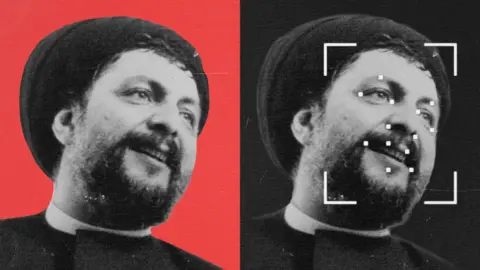Greece has taken the drastic step of suspending the processing of asylum applications from North African migrants for a period of three months following a dramatic rise in numbers, which has increased by 350% since the onset of the year. Prime Minister Kyriakos Mitsotakis confirmed that those arriving by boat from the region will be arrested and detained, signaling a firm approach to combat human trafficking. “This emergency situation requires emergency response measures,” Mitsotakis stated, adding that Greece aims to deter potential migrants by communicating that their efforts might be futile.
This suspension draws from similar legal provisions used in 2020, when Greece implemented strict measures to prevent crossings from Turkey. Migration minister Thanos Plevris stated on social media, “Clear message: stay where you are, we do not accept you,” amidst the chaos.
The surge in arrivals has overwhelmed resources in areas such as Crete and Gavdos, where local coast guard officials reported that over 2,000 migrants have arrived in recent days alone, with a total of around 9,000 migrants landing since the beginning of 2025. As Vasilis Katsikandarakis, president of the Western Crete Coast Guard Personnel Association, noted, “Immigration is suffocating us,” highlighting the significant strain on personnel and infrastructure.
Reports indicate that hundreds of people have had to be temporarily housed in unsuitable conditions, including a market hall, as logistical challenges hinder the redistribution of migrants to other areas in Greece. The tourist season complicates matters further by limiting transportation availability.
In reaction to the situation, high-level talks were held involving Greek, Italian, Maltese ministers, and the EU's migration commissioner with Libyan officials, though they faced obstacles when blocked from entering the country. Mitsotakis mentioned preparations to cooperate with Libyan authorities to stop vessels from leaving the Libyan coastline, despite criticism from NGOs regarding conditions faced by migrants returned to Libya.
Amnesty International condemned European governments' efforts to ally with Libyan authorities, citing inhumane treatment and poor conditions in detention centers, noting a profound disregard for the lives and dignity of those seeking refuge.



















